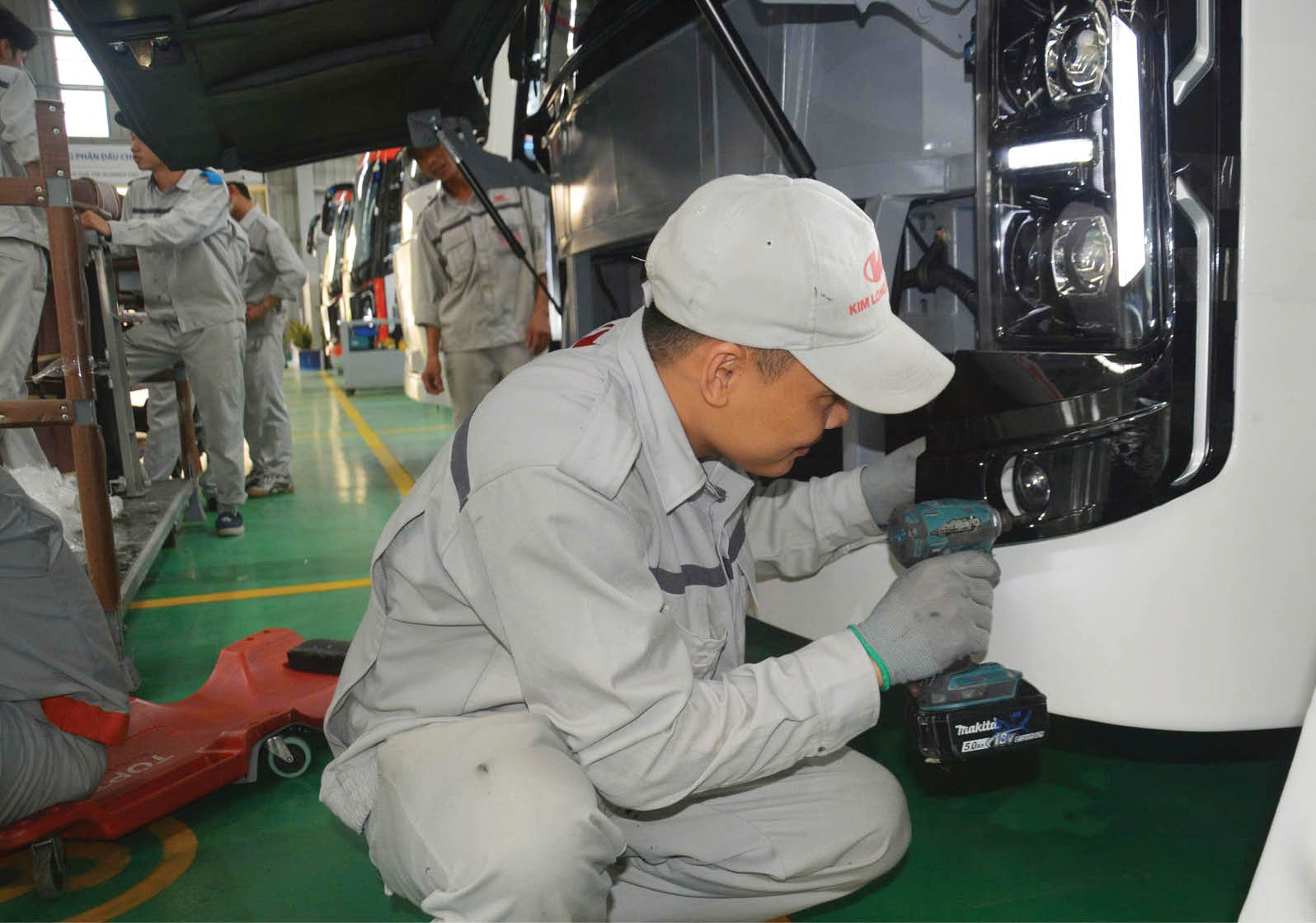 |
| Technicians at Kim Long Motor Hue Company assemble the front headlight assembly of a bus on the production line. |
The "bottleneck" of rules of origin.
At Vinatex Phu Hung Joint Stock Company, approximately 80% of the fiber raw materials used in yarn production are still imported, mainly from China; only about 20% can be proven to originate domestically or from FTA regions to qualify for preferential tariffs. This makes it difficult for the company to meet the rules of origin under the EVFTA Agreement.
Ms. Nguyen Thi To Trang, General Director of Vinatex Phu Hung Joint Stock Company, stated: “To benefit from a 0% tax rate when exporting to Europe, products must prove that the raw materials originate from Vietnam. While the domestic cotton supply chain has not yet been established, we are forced to take advantage of regional FTAs such as VKFTA, AJCEP, and ACFTA – where the rules of origin are more flexible.”
In reality, rules of origin are a "bottleneck" that makes it difficult for many businesses in Hue to take advantage of FTAs. This is a prerequisite for goods to enjoy preferential tariffs, but it is also a complex process requiring high management capacity.
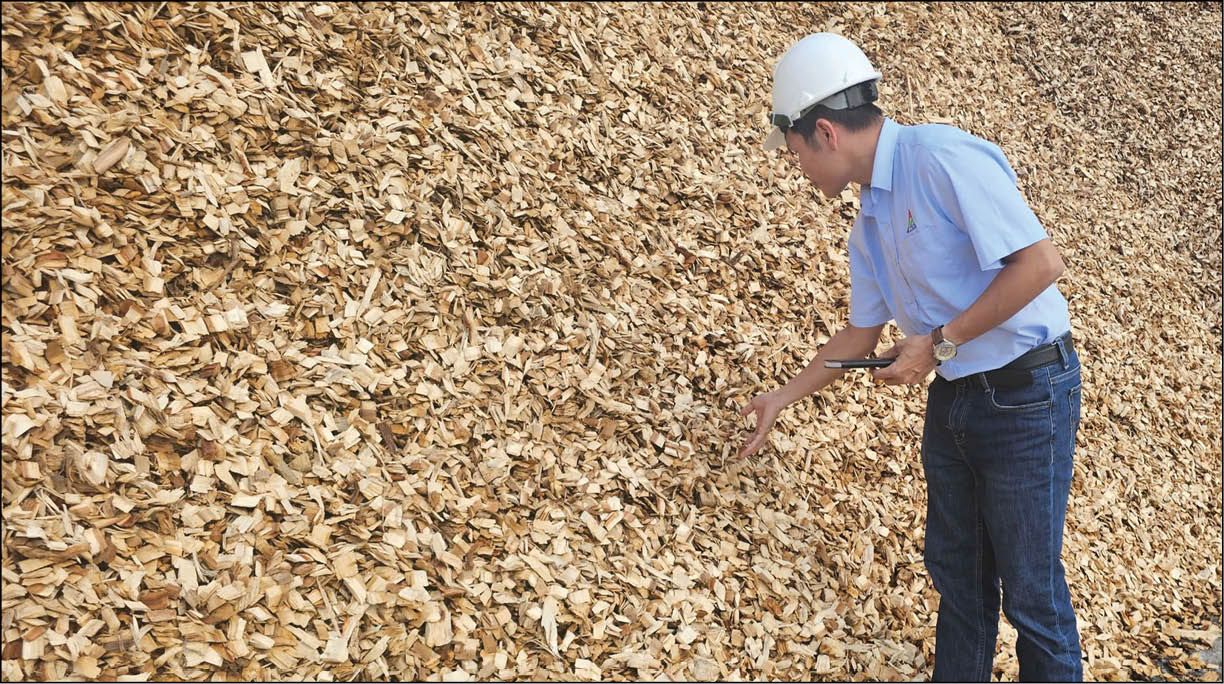 |
| Wood chip quality inspection before export at Shaiyo AA Vietnam enterprise. |
At Billion Max Vietnam Export Processing Co., Ltd., the company has proactively replaced imported raw materials with domestically produced goods to increase the localization rate. However, when implementing this, difficulties have arisen in proving the origin of the goods. “Many domestically purchased raw materials lack sufficient VAT invoices to prove their Vietnamese origin. The company has to supplement many documents and explanatory appendices, leading to delays and sometimes missed delivery deadlines,” shared Ms. Xu Jia Ji, System Manager of Billion Max Vietnam Export Processing Co., Ltd.
Ms. Xu Jia Ji stated that the process of declaring and issuing electronic Certificates of Origin (C/O) sometimes encounters technical difficulties, and the limited file size forces businesses to split and submit documents multiple times. "Without timely support from customs authorities and the Department of Industry and Trade, it is very difficult for businesses to maintain export progress, while the international market changes daily," Ms. Xu Jia Ji added.
According to Thuy An Customs, the unit managing most of the city's import-export businesses, the percentage of businesses using Certificates of Origin (C/O) to enjoy preferential tariffs has only reached 51.37%, meaning nearly half of businesses have yet to access the benefits of the FTA. Ms. Hoang Thi Mai Lan, Deputy Head of Thuy An Customs, stated: “The biggest difficulty is that many small businesses are not yet familiar with the rules of origin, while their raw materials are imported from many different countries. Many documents are flawed due to mismatched descriptions of goods or lack of documentation proving origin.”
Mr. Truong The Khanh Quynh, Head of the Customs Team at Chan May Port, added: "A common mistake is inconsistent declarations between invoices, cargo manifests, and customs declarations. Just a discrepancy in one HS code or mismatch in cargo description can cause businesses to lose their right to preferential tax treatment and have to pay additional import taxes."
To meet the criteria, businesses are forced to increase the localization rate, while many raw materials such as textiles, electronic components, and automobile engines still depend on imports. Many businesses, despite having export orders, do not qualify for FTA preferential treatment.
Not really involved yet.
Although FTAs have opened a "golden door" for Hue's goods to penetrate deeper into the global supply chain, not all businesses are ready to step through that door. According to the Department of Industry and Trade, in the period 2021-2025, the rate of using Certificates of Origin (C/O) by export businesses in the area reached approximately 55.5%, but only about 200 businesses actually accessed and effectively exploited them. This number is still modest compared to nearly 6,400 businesses currently operating, showing that there is still great potential to take advantage of FTA benefits.
Mr. Phan Hung Son, Deputy Director of the Department of Industry and Trade, said: "Most businesses in Hue are small and medium-sized enterprises with limited resources and a lack of specialized departments for international integration, making it difficult for them to understand and comply with rules of origin. A significant number of businesses remain indifferent or do not pay enough attention to the regulations of FTAs. Some businesses only know about the trade agreement but do not understand it deeply enough to apply it, or are hesitant to go through the procedures for obtaining a Certificate of Origin (C/O) because they consider it complicated and time-consuming," Mr. Son said.
This "lack of enthusiasm" puts businesses at a disadvantage, especially as major markets like the US and EU continuously increase technical barriers, apply retaliatory tariffs, or implement trade protection measures. The recent 20% tariff imposed by the US on some Vietnamese goods is a clear warning. If businesses do not proactively utilize FTAs to diversify their markets, they will soon lose their competitive edge even in their own backyard.
Besides rules of origin and domestic capacity, logistics infrastructure and administrative procedures remain bottlenecks that hinder businesses from fully utilizing preferential treatment. Despite improvements, the electronic application system still has limited capacity and is prone to errors when the volume of applications increases. Some businesses report that even after receiving an electronic Certificate of Origin (C/O), they still have to submit additional paper documents, causing overlap and wasting time.
This reality shows that, for the FTA to be effective, Hue businesses not only need appropriate support policies from management agencies, but more importantly, they must change their mindset and proactively integrate, because opportunities don't wait for those who lag behind.
Labor shortage, missed opportunity with FTA.
Integration requires not only machinery and technology, but above all, people. However, Hue still lacks and has a shortage of skilled personnel knowledgeable about import and export, international law, and technical barriers. Many businesses have to figure out tariff schedules and rules of origin on their own or send employees to short-term online training, leading to errors in documentation, delays in customs clearance, and missed opportunities to benefit from preferential treatment.
Mr. Truong The Khanh Quynh observed: "Many businesses still view FTAs as a matter for large corporations and enterprises, but in reality, it is small businesses that need to take advantage of FTAs to survive and expand. To help businesses access them better, the support of relevant agencies is essential in providing information, training skills, and guiding them on rules of origin."
According to Mr. Phan Hung Son, although the Ministry of Industry and Trade regularly organizes training courses, the number of participating businesses remains very limited. "Many businesses send employees just for the sake of appearances, learning superficially without applying the knowledge in practice. Partly because they lack time, and partly because they think the knowledge isn't immediately necessary; but this indifference causes businesses to miss out on benefits and opportunities for integration," Mr. Son said.
Based on the experience of Vinatex Phu Hung, Ms. Nguyen Thi To Trang affirmed: “Businesses must proactively update information and invest in human resources. Once we understood the rules, we realized that FTAs are not too far-fetched. The important thing is to dare to change, dare to invest, and persistently pursue international standards.” Currently, the company has established a specialized import and export department, responsible for declaring and carrying out procedures for requesting Certificates of Origin (C/O), while also promoting digital transformation in management, accessing production data in real time, creating a transparent foundation for the origin of goods.
Mr. Phan Hung Son stated: The Department is stepping up support for businesses in digital transformation in online declaration and issuance of Certificates of Origin (C/O), and strengthening training on technical barriers and regulations of importing countries. "We not only issue C/Os but also accompany businesses from start to finish, helping them understand, prepare, and take advantage of opportunities," Mr. Son said.
In partnership with businesses, the Customs Sub-Department of Region IX has implemented many practical support solutions. Mr. Nguyen Dinh Chien, Deputy Head of the Customs Sub-Department of Region IX, said: “Customs teams in Hue have established a consulting team consisting of officers with expertise, responsibility, and good communication skills, directly guiding businesses in determining commodity codes, declaring, and processing documents on the spot, helping to reduce errors and shorten customs clearance time.” Simultaneously, online support channels via phone, email, Zalo, etc., are maintained 24/7, helping businesses to report, access information, and promptly resolve any questions they encounter. “Previously, a complex set of documents took 5 days to complete; now, thanks to administrative reforms and the application of technology, many steps are processed before the goods arrive at the port, helping businesses shorten customs clearance time to just a few hours,” Mr. Chien shared.
Free Trade Agreements (FTAs) are not automatic doors. They are challenges that businesses must overcome using their own capabilities and resilience. For Hue, this journey is gradually being recognized and addressed. Limitations in scale, human resources, and logistics can be overcome with the steadfastness of businesses and the right support from the government. Then, FTAs will not only offer tariff advantages but also provide an opportunity to elevate Hue businesses on the global trade integration map.
(to be continued)
Source: https://huengaynay.vn/kinh-te/bai-2-no-luc-vuot-rao-can-xoa-nep-nghi-tho-o-159168.html






![[Photo] Closing Ceremony of the 10th Session of the 15th National Assembly](/_next/image?url=https%3A%2F%2Fvphoto.vietnam.vn%2Fthumb%2F1200x675%2Fvietnam%2Fresource%2FIMAGE%2F2025%2F12%2F11%2F1765448959967_image-1437-jpg.webp&w=3840&q=75)
![[Photo] Prime Minister Pham Minh Chinh holds a phone call with the CEO of Russia's Rosatom Corporation.](/_next/image?url=https%3A%2F%2Fvphoto.vietnam.vn%2Fthumb%2F1200x675%2Fvietnam%2Fresource%2FIMAGE%2F2025%2F12%2F11%2F1765464552365_dsc-5295-jpg.webp&w=3840&q=75)
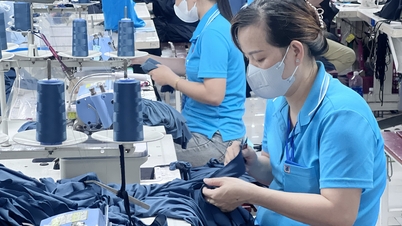

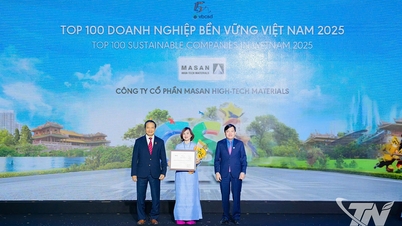

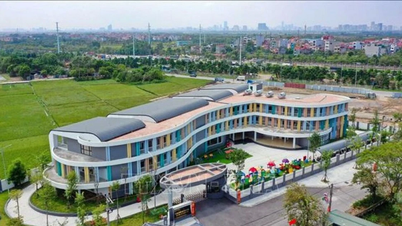

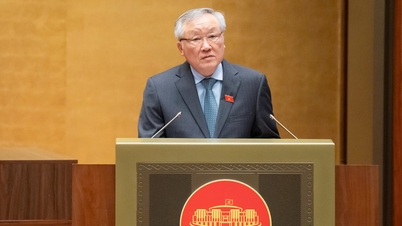

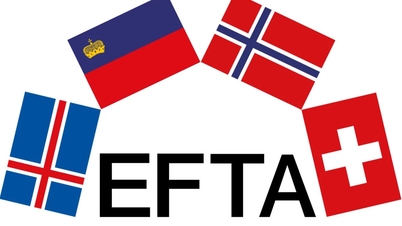




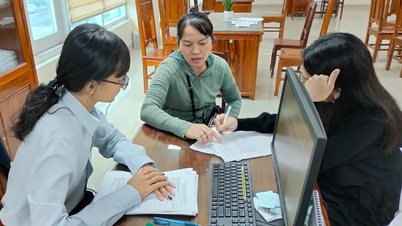




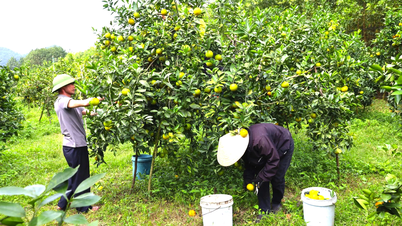

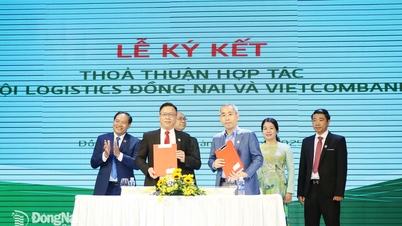




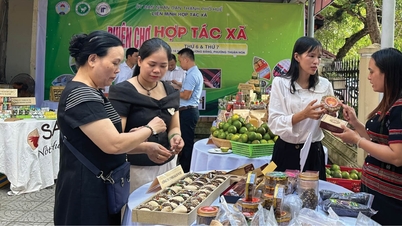
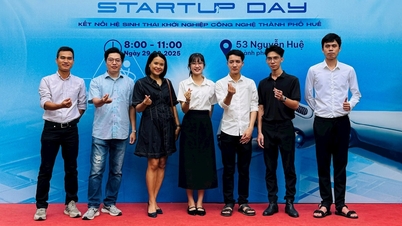
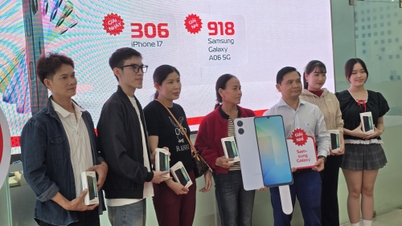

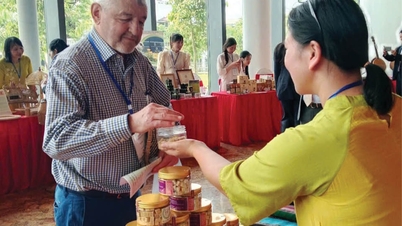
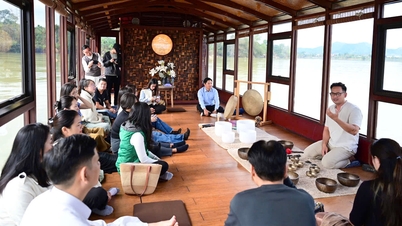























![[OFFICIAL] MISA GROUP ANNOUNCES ITS PIONEERING BRAND POSITIONING IN BUILDING AGENTIC AI FOR BUSINESSES, HOUSEHOLDS, AND THE GOVERNMENT](https://vphoto.vietnam.vn/thumb/402x226/vietnam/resource/IMAGE/2025/12/11/1765444754256_agentic-ai_postfb-scaled.png)












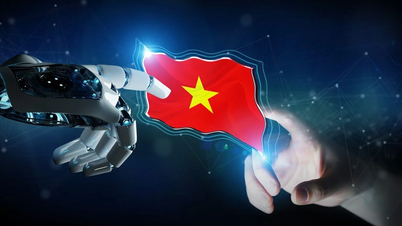

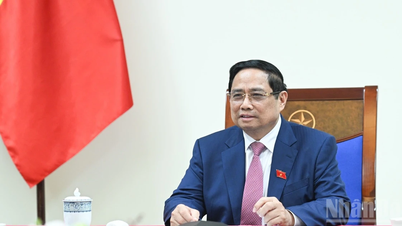






























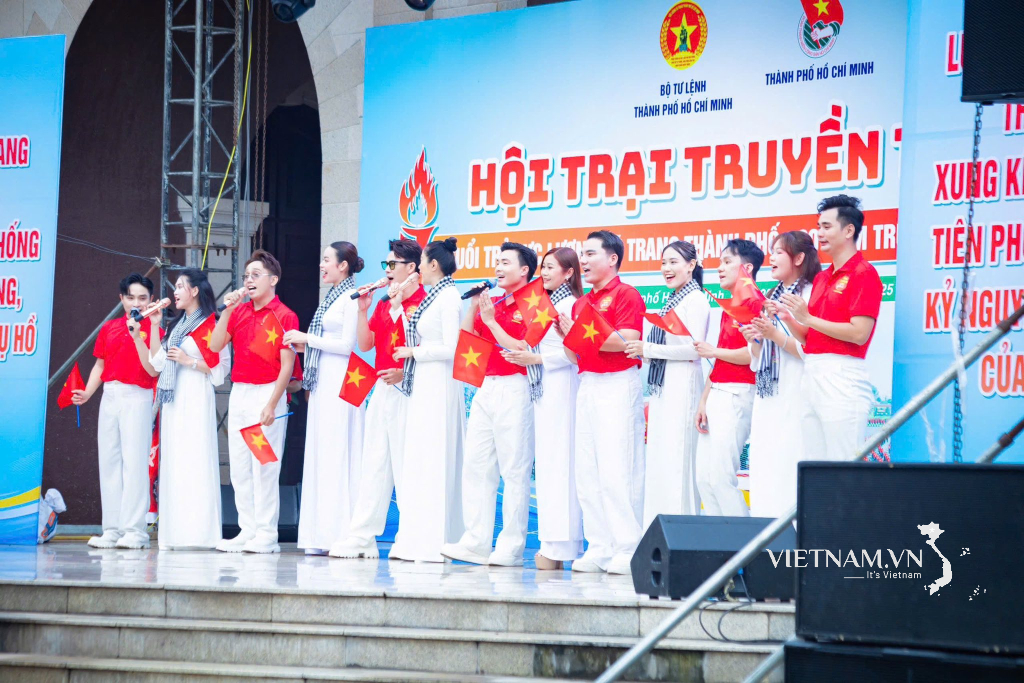



Comment (0)